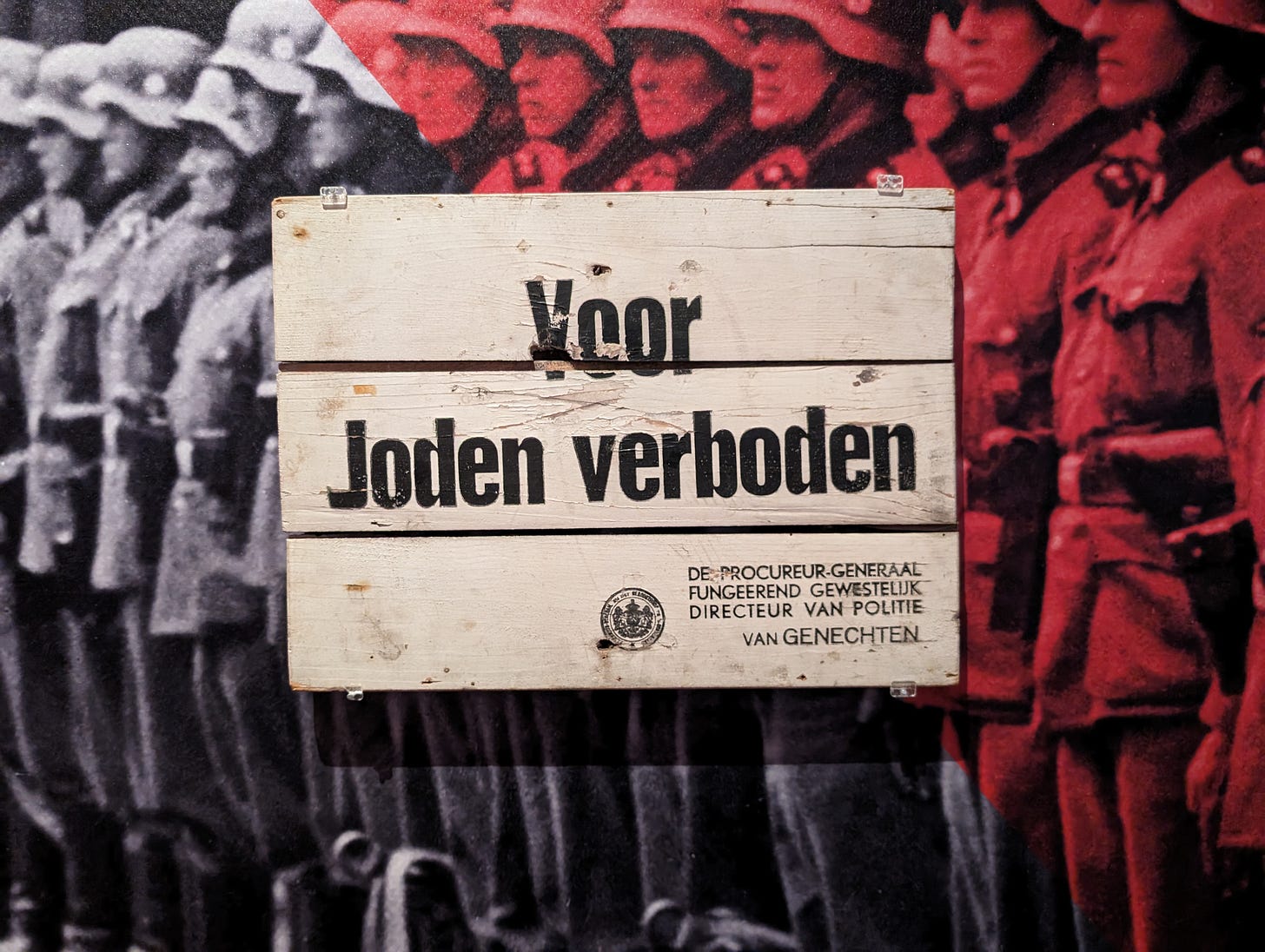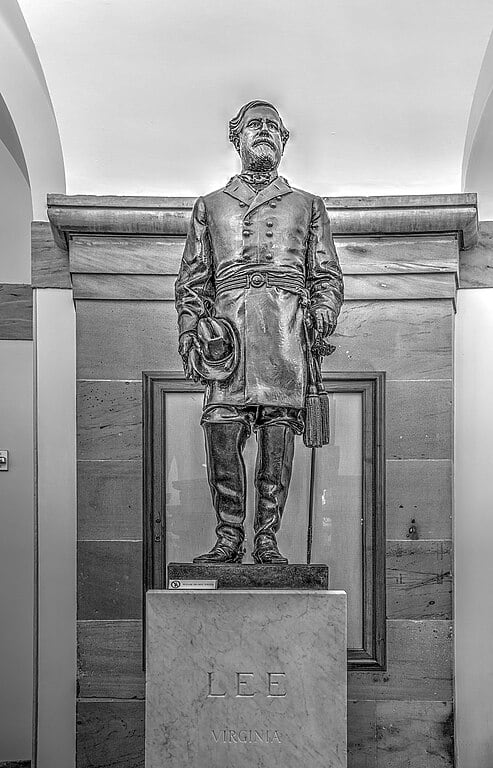Reckoning with Shadows
The Netherlands’ Reflective Journey vs. America’s Polarized Past
The Netherlands' confrontation with its World War II history of deporting Jews starkly contrasts with the United States' polarized discourse on slavery and racism. This divergence illustrates how nations grapple with their historical legacies, influenced by cultural, political, and societal frameworks.
The Netherlands: A Solemn Reckoning
The Netherlands' historical engagement with its wartime actions has been marked by a reflective and often painful acknowledgment of its role in the Holocaust.
During World War II, approximately 75% of the Netherlands' Jewish population was deported and perished, a higher percentage than in many other Western European countries. This tragic statistic has cast a long shadow over Dutch history.
Post-war Dutch society has undertaken extensive efforts to remember and memorialize the victims. Monuments, museums, and educational programs have proliferated, aiming to instill an understanding of this dark chapter. The Anne Frank House in Amsterdam stands as a poignant symbol of the personal stories intertwined with this broader narrative of suffering. The Dutch education system incorporates Holocaust studies comprehensively, ensuring that younger generations are aware of their country’s past actions.
The Dutch government has also made formal apologies and reparations. In 2000, Prime Minister Wim Kok publicly acknowledged the state’s failure to protect its Jewish citizens during the war. Financial restitution has been offered to survivors and their descendants. These actions, while symbolic, are crucial in the national process of atonement and healing.
The Netherlands' approach highlights a collective willingness to confront uncomfortable truths. This openness to dialogue, although painful, fosters a societal ethos that values historical accuracy and moral responsibility. By engaging with its past, the Netherlands seeks to prevent the recurrence of such atrocities, embedding the lessons learned into its national consciousness.
The United States: A Fractured Narrative
In stark contrast, the United States' handling of its history of slavery and systemic racism is mired in deep-seated polarization. The legacy of slavery, segregation, and ongoing racial discrimination remains a contentious and divisive issue in American society. This polarization is reflected in the media, governmental discourse, and public opinion.
The United States has struggled to achieve a unified narrative or consensus on addressing its racial history. Efforts to discuss and teach about slavery and racism often meet with resistance and political contention.
The debate over Critical Race Theory (CRT) exemplifies this divide. CRT, an academic framework that examines the interplay of race and law, has become a flashpoint in American politics. Opponents argue that it is divisive and unpatriotic, while proponents contend it is essential for understanding and rectifying systemic inequalities.
This discord is evident in the media landscape, where coverage of racial issues varies widely. Conservative outlets often downplay systemic racism, emphasizing individual responsibility and meritocracy. Liberal media, conversely, highlight institutional disparities and advocate for structural reforms. This bifurcation in media narratives reinforces existing societal divisions, making consensus on historical interpretation and policy solutions elusive.
Governmental responses to racial issues have been similarly fragmented. Initiatives like the 1619 Project, which aims to reframe American history by placing the consequences of slavery and contributions of Black Americans at the center, have sparked intense debates. Some states have embraced more inclusive curricula, while others have passed laws restricting the teaching of certain aspects of racial history.
This polarization hampers efforts to address the enduring impacts of slavery and racism comprehensively. Unlike the Netherlands, where a collective approach to historical reckoning has been more evident, the United States remains embroiled in a struggle over its identity and values.
Bridging the Gap: Lessons from Abroad
The Netherlands’ model of confronting its wartime history offers valuable insights for the United States. The Dutch experience underscores the importance of acknowledging historical wrongs through education, public discourse, and governmental action. By facing its past, the Netherlands has fostered a national ethos that seeks to learn from history rather than obscure it.
For the United States, fostering a more inclusive and honest dialogue about its racial history is crucial. This requires a commitment to educational initiatives that accurately portray the complexities of slavery and its lasting impacts. Governmental and institutional recognition of historical wrongs, coupled with reparative measures, can help bridge the divide.
Ultimately, both nations illustrate the enduring challenges of grappling with historical legacies. While the Netherlands’ approach reflects a more unified societal reckoning, the United States’ polarized landscape highlights the difficulties in achieving consensus. Yet, the pursuit of historical truth and reconciliation remains a vital endeavor for both, shaping their paths toward a more just and equitable future. 🔹



